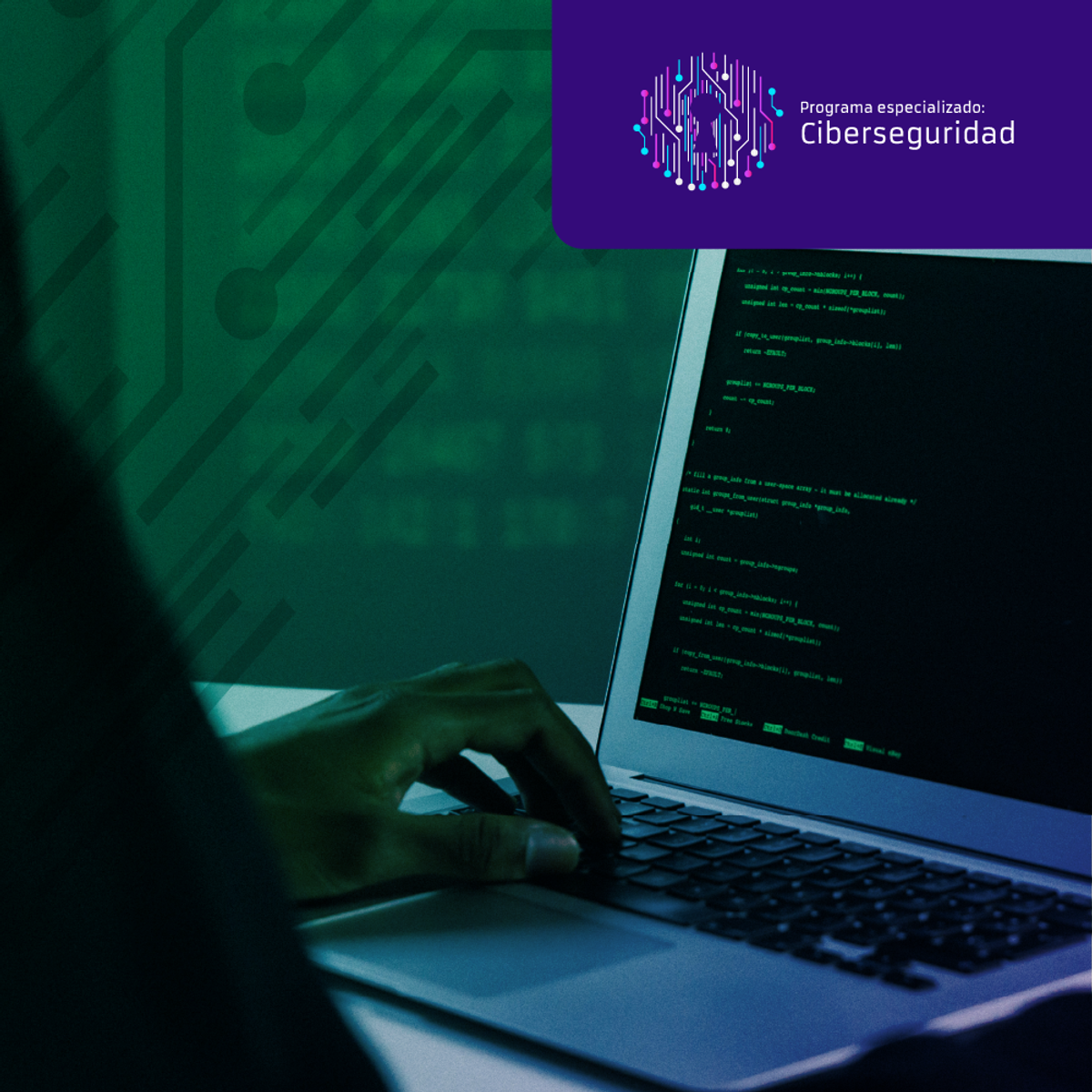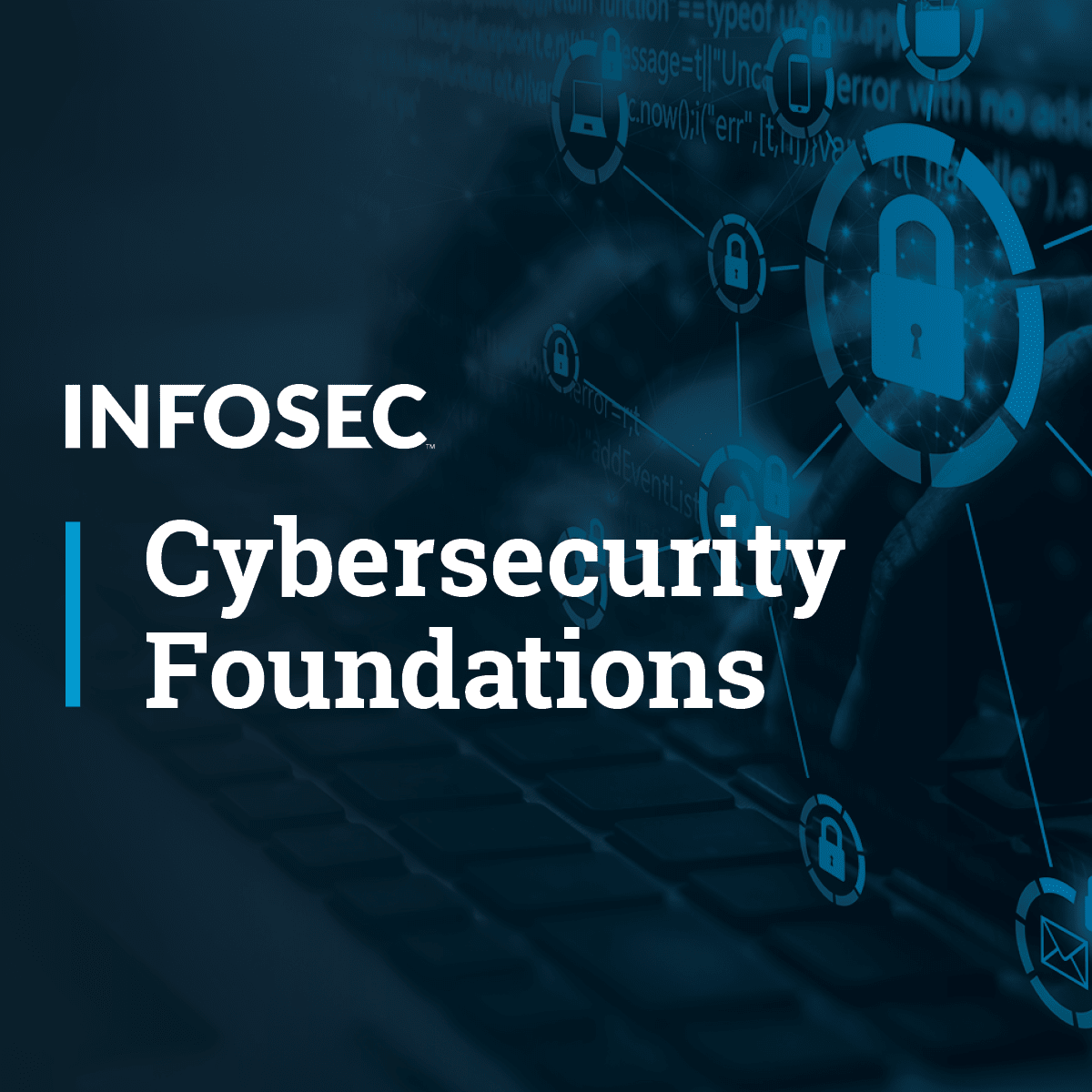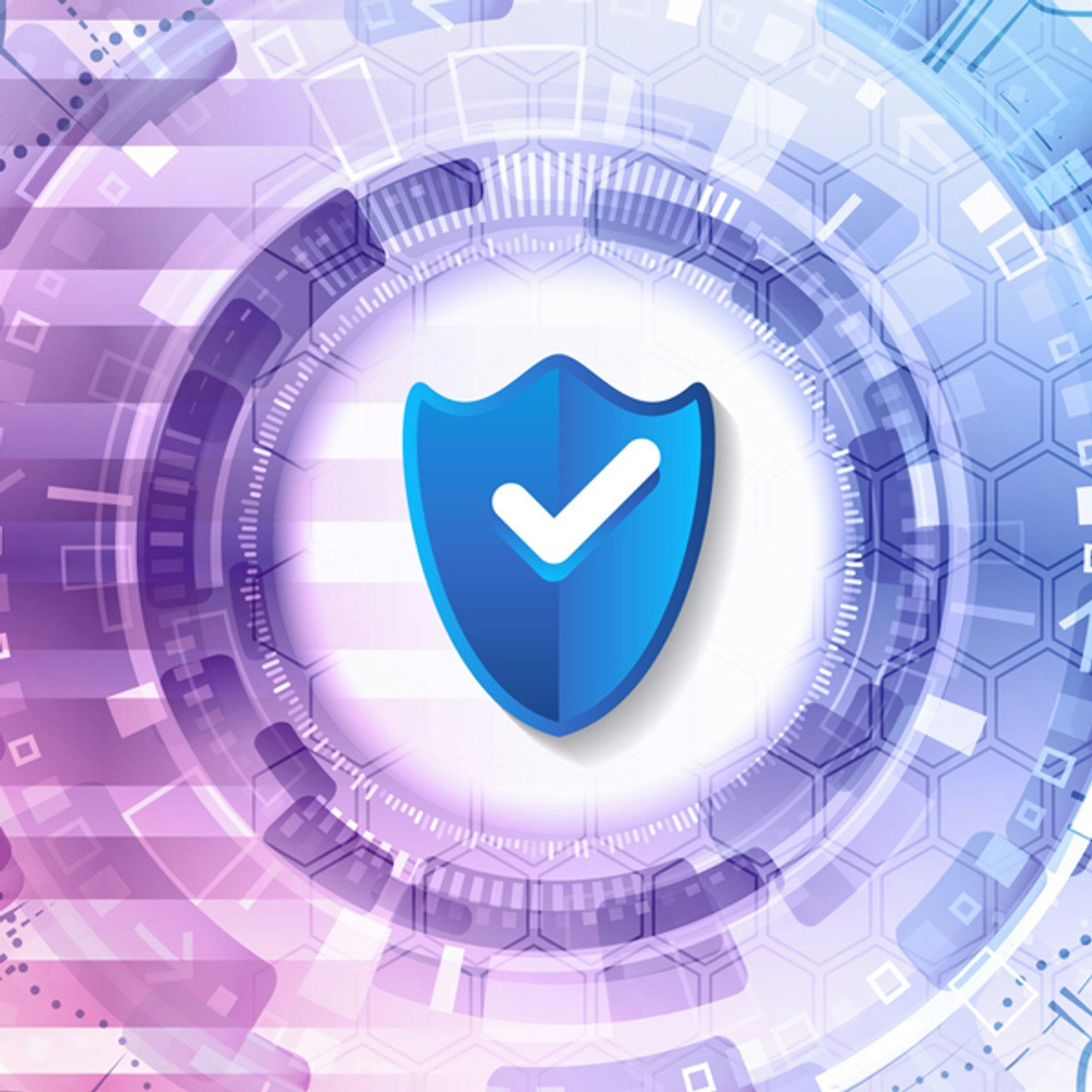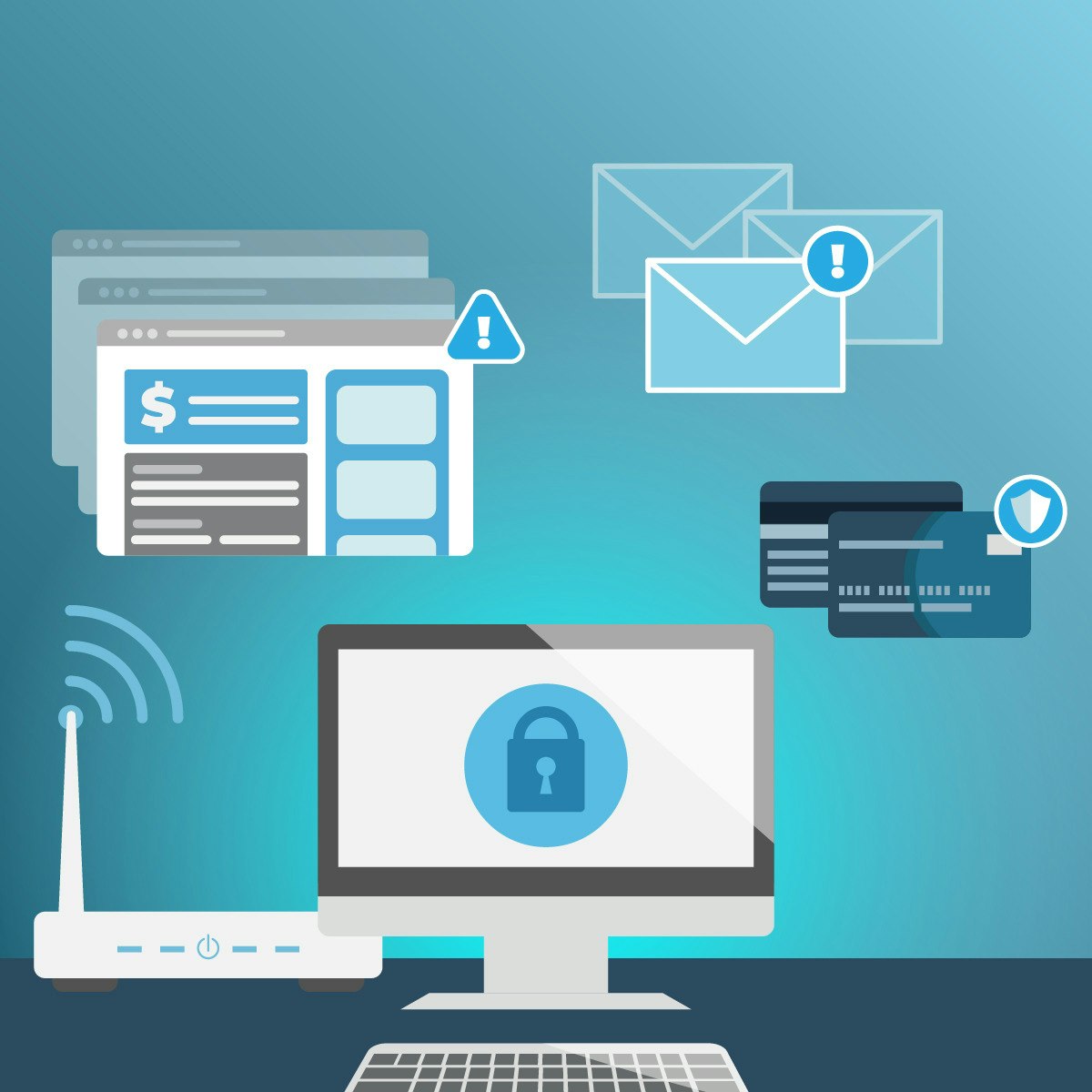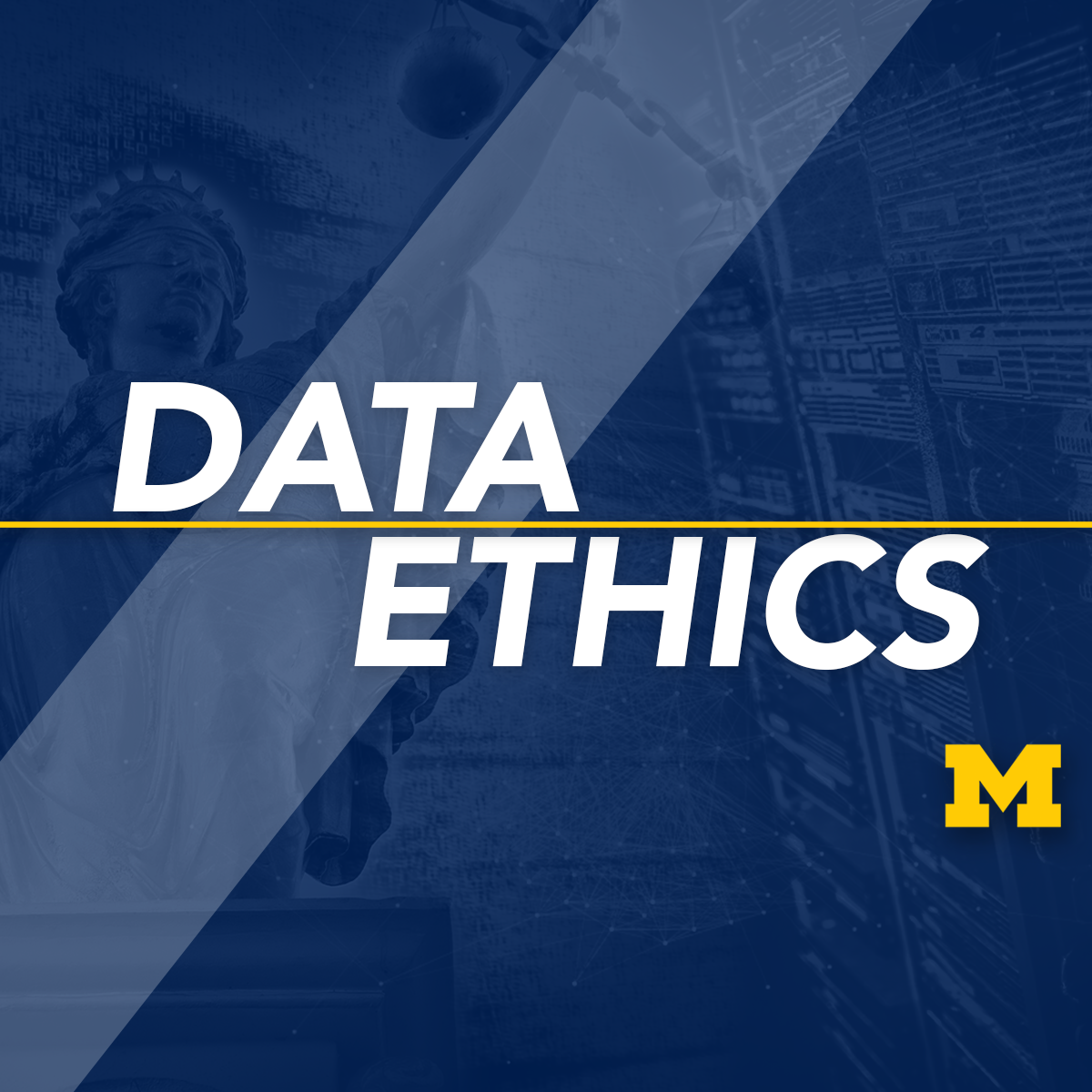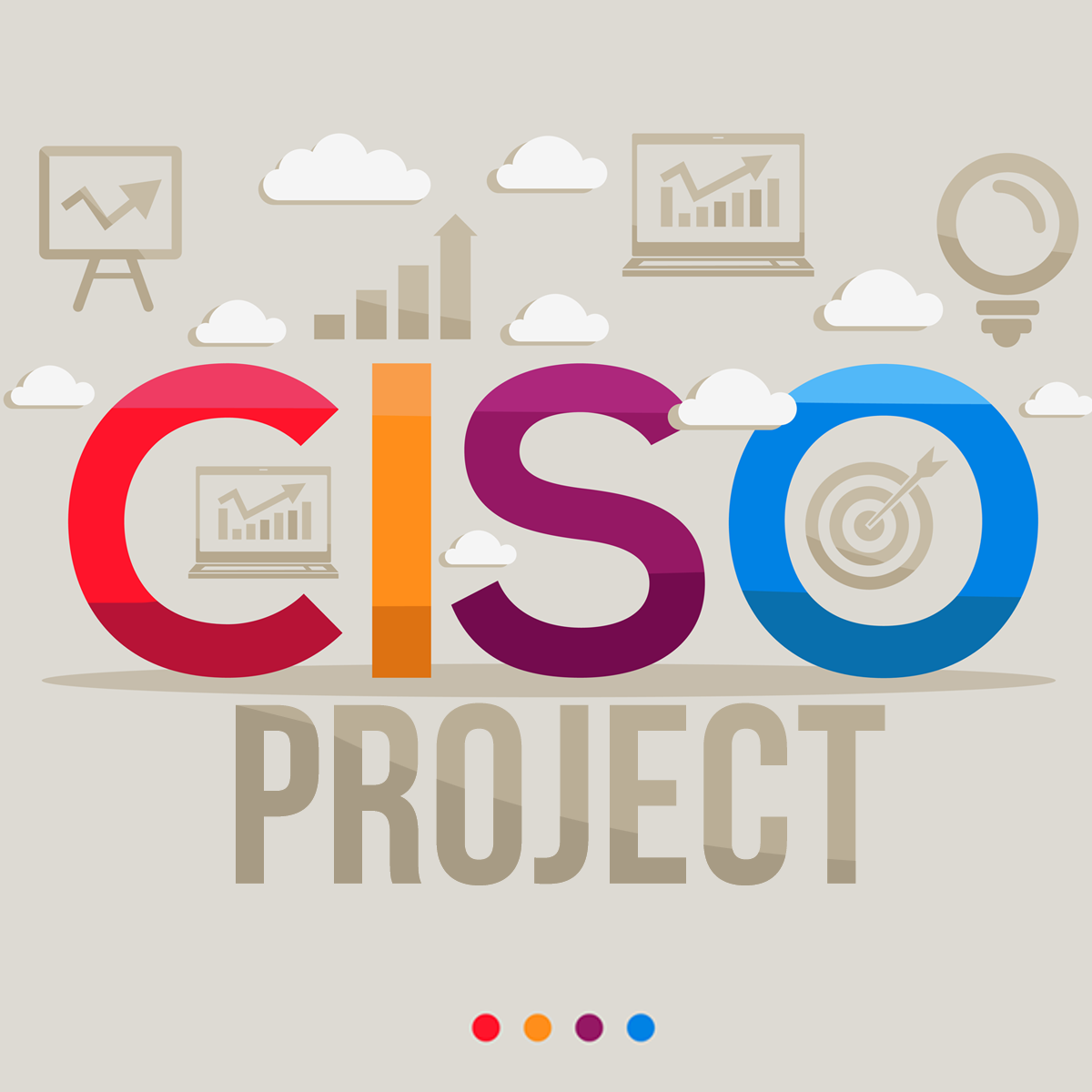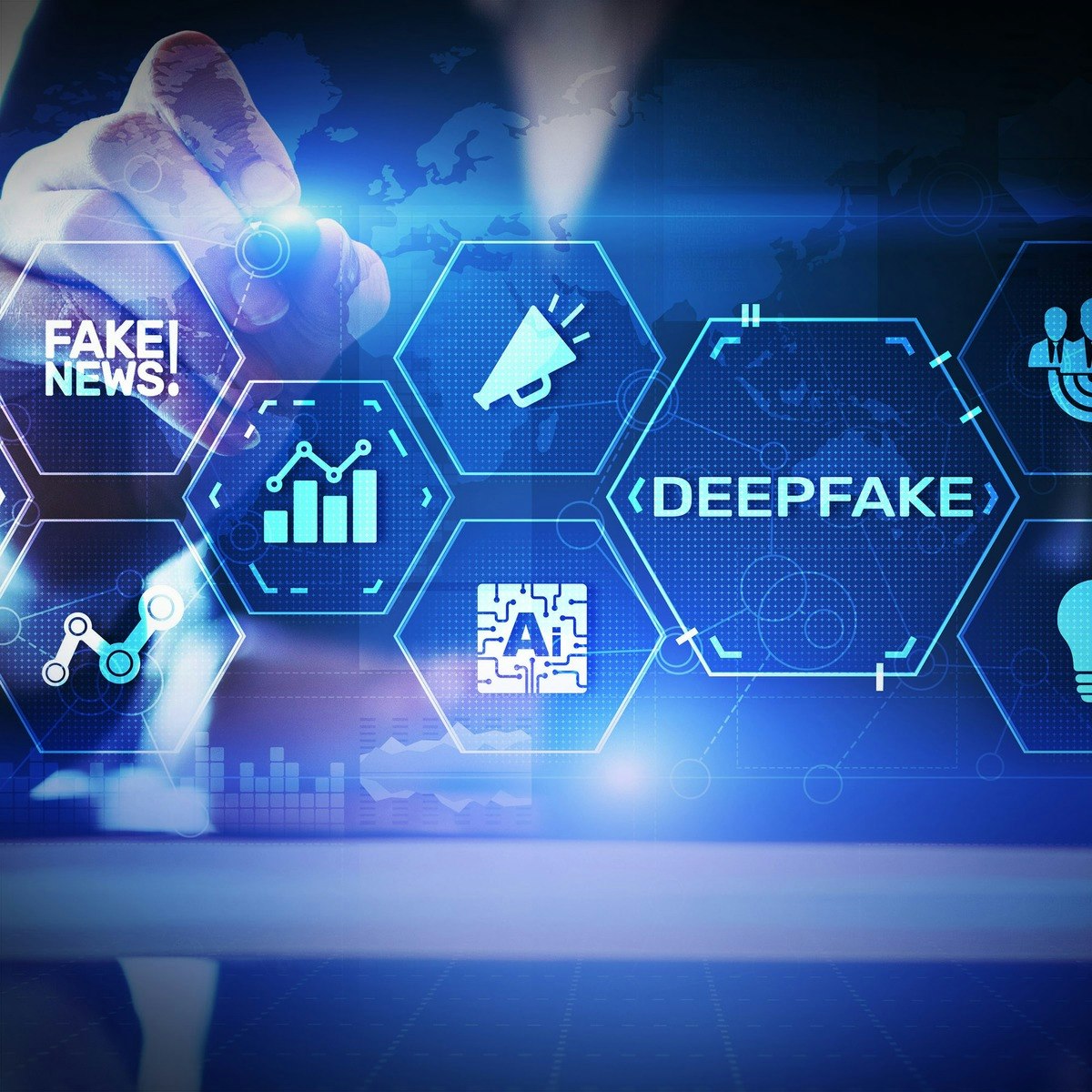Privacy Officer
A Comprehensive Guide to the Privacy Officer Career
In our increasingly digital world, vast amounts of personal data are collected, processed, and stored every second. A Privacy Officer plays a crucial role in navigating the complex landscape of data protection, ensuring organizations handle personal information responsibly, ethically, and in compliance with the law. They are the guardians of data privacy within an organization.
Working as a Privacy Officer can be deeply engaging. You'll find yourself at the intersection of law, technology, ethics, and business strategy. It involves deciphering intricate regulations, implementing protective measures, and fostering a culture of privacy awareness. The role offers the chance to make a tangible impact by safeguarding individual rights while enabling innovation.
What Does a Privacy Officer Do?
A Privacy Officer, sometimes known as a Data Protection Officer (DPO) particularly under regulations like the GDPR, oversees an organization's data privacy strategy and compliance. Their primary goal is to ensure that the collection, storage, use, and sharing of personal data align with legal requirements and ethical standards, thereby protecting both individuals and the organization from risks.
This role is vital across numerous sectors, especially those handling sensitive information. Healthcare organizations need Privacy Officers to comply with regulations like HIPAA. Technology companies require them to manage user data gathered through apps and services. Financial institutions depend on them to protect customer financial data and adhere to strict regulatory frameworks.
The global significance of data privacy has surged with the implementation of comprehensive regulations such as the European Union's General Data Protection Regulation (GDPR) and the California Consumer Privacy Act (CCPA). These laws impose strict obligations on organizations worldwide, making the Privacy Officer's role indispensable for international business operations and risk mitigation.
Ultimately, Privacy Officers act as critical risk managers. They identify potential privacy vulnerabilities, assess the impact of data processing activities, and implement controls to prevent data breaches and non-compliance penalties. Their work is fundamental to building and maintaining trust with customers, employees, and regulators.
Core Responsibilities and Daily Tasks
Developing and Implementing Privacy Policies
A central function of a Privacy Officer is crafting and maintaining data protection policies and procedures. These documents translate complex legal requirements into actionable guidelines for the organization. They cover aspects like data collection notices, consent mechanisms, data retention schedules, and procedures for handling data subject requests.
The officer ensures these policies are not just written but actively implemented across all departments. This involves collaborating with IT, legal, marketing, HR, and product development teams to integrate privacy considerations into their workflows. They champion "Privacy by Design," embedding privacy principles into new projects and systems from the outset.
Regular review and updating of policies are also key, especially as regulations evolve or the organization's data processing activities change. The Privacy Officer must stay informed about legal developments and technological shifts to keep the organization's practices current and compliant.
Conducting Privacy Impact Assessments (PIAs)
Privacy Impact Assessments (PIAs), or Data Protection Impact Assessments (DPIAs) under GDPR, are systematic processes used to evaluate the potential risks to individual privacy from a new project, system, or technology. The Privacy Officer typically leads or oversees these assessments.
Think of a PIA like an environmental impact assessment, but for personal data. Before launching a new app that collects location data, for example, the Privacy Officer would analyze what data is collected, why it's needed, how it will be secured, who can access it, and how long it will be kept. The goal is to identify potential privacy problems early on.
Based on the PIA findings, the Privacy Officer recommends measures to mitigate identified risks. This might involve minimizing data collection, enhancing security controls, improving transparency, or even halting a project if the privacy risks are too high and cannot be adequately addressed. This proactive approach helps prevent privacy violations before they occur.
Training and Awareness Programs
Compliance is a collective effort. The Privacy Officer is responsible for developing and delivering training programs to educate employees about their roles and responsibilities regarding data privacy. This ensures everyone understands the importance of protecting personal information and knows how to follow established policies.
Training topics often include identifying personal data, handling sensitive information, recognizing phishing attempts, understanding consent requirements, and procedures for reporting potential data breaches. The goal is to create a privacy-aware culture throughout the organization.
Effective training goes beyond a one-time session. It requires ongoing awareness campaigns, regular updates, and tailored content for different roles within the company. The Privacy Officer monitors the effectiveness of these programs and adapts them as needed.
These courses provide foundational knowledge in information security principles and compliance, crucial for understanding the Privacy Officer's responsibilities.
Liaising with Regulators and Handling Incidents
The Privacy Officer often serves as the primary point of contact for data protection authorities (DPAs) like the Information Commissioner's Office (ICO) in the UK or various European DPAs under GDPR. They handle inquiries, respond to audits, and report data breaches when legally required.
In the unfortunate event of a data breach or privacy incident, the Privacy Officer plays a key role in the response team. They help investigate the incident, assess its impact, coordinate notification efforts to affected individuals and regulators, and implement corrective actions to prevent recurrence.
This requires strong communication skills, a calm demeanor under pressure, and a thorough understanding of breach notification requirements under various laws. Maintaining good relationships with regulatory bodies is also crucial for navigating complex compliance issues smoothly.
Key Skills for Privacy Officers
Legal and Regulatory Expertise
A deep understanding of relevant data protection laws and regulations (like GDPR, CCPA, HIPAA, etc.) is fundamental. This includes knowing the principles of data processing, individual rights, requirements for data transfers, and breach notification obligations. Staying updated on evolving legal landscapes is critical.
While a law degree can be advantageous, it's not always mandatory. Many successful Privacy Officers come from IT, compliance, or audit backgrounds and develop legal expertise through certifications and experience. The ability to interpret legal texts and translate them into practical business requirements is key.
This book offers a comprehensive overview of the legal frameworks governing information privacy.
Technical Acumen
Privacy Officers need a solid grasp of information technology and data security concepts. Understanding data flows, databases, network security, encryption, anonymization techniques, and common cyber threats helps them assess risks and work effectively with IT teams.
They don't necessarily need to be expert coders or network engineers, but they must understand how data is processed, stored, and protected within the organization's systems. This technical literacy enables them to conduct meaningful PIAs and recommend appropriate technical safeguards.
Courses focusing on IT infrastructure, security, and risk management provide valuable technical context.
Risk Management and Assessment
Identifying, assessing, and mitigating privacy risks is a core competency. This involves understanding threat modeling, vulnerability assessment, and the potential impact of privacy failures on individuals and the organization. Privacy Officers use frameworks like the NIST Privacy Framework or ISO 27701 to structure their risk management activities.
They need analytical skills to evaluate the likelihood and severity of risks associated with different data processing activities. Based on this analysis, they prioritize mitigation efforts and advise leadership on acceptable risk levels.
These courses delve into risk management frameworks and their application in cybersecurity and IT contexts.
Communication and Leadership
Privacy Officers must communicate complex information clearly and effectively to diverse audiences, from senior executives and legal counsel to IT staff and general employees. They need to articulate risks, explain policies, and advocate for privacy best practices persuasively.
Strong leadership skills are essential for driving cultural change and embedding privacy into the organization's fabric. This includes influencing stakeholders, building consensus, managing projects, and fostering collaboration across departments.
Training others and raising awareness require excellent presentation and interpersonal skills. The ability to build trust and act as a knowledgeable advisor is crucial for success in this role.
Educational Pathways and Certifications
Relevant Academic Backgrounds
There isn't one single prescribed degree for becoming a Privacy Officer. Individuals enter the field from various academic backgrounds. Law degrees are common due to the regulatory nature of the role, providing a strong foundation in legal interpretation and compliance.
Degrees in Information Technology, Cybersecurity, or Computer Science are also highly relevant, offering the technical understanding needed to grasp data flows, security measures, and system vulnerabilities. Business or Public Policy degrees can also provide a good foundation, particularly when combined with relevant experience or certifications.
Increasingly, universities offer specialized graduate programs or concentrations in data privacy, information governance, or cybersecurity law. These programs provide targeted education for aspiring privacy professionals. Research at the PhD level might explore areas like the ethics of AI, evolving regulatory frameworks, or cross-border data flow challenges.
The Role of Certifications
Professional certifications are highly valued in the privacy field and often considered essential for career advancement. They demonstrate specialized knowledge and commitment to the profession. The most recognized certifications are offered by the International Association of Privacy Professionals (IAPP).
Key IAPP certifications include:
- CIPP (Certified Information Privacy Professional): Focuses on privacy laws and regulations. Concentrations include CIPP/US (US law), CIPP/E (European law), CIPP/C (Canadian law), and CIPP/A (Asian law).
- CIPM (Certified Information Privacy Manager): Focuses on operationalizing privacy programs – building and managing a privacy framework within an organization.
- CIPT (Certified Information Privacy Technologist): Focuses on the technical aspects of privacy, embedding privacy controls into technology systems and products.
Obtaining certifications like the CIPP/E or CIPP/US, often followed by the CIPM, is a common pathway for demonstrating competence. While certifications don't replace experience, they significantly enhance credibility and marketability, especially when transitioning into the field. Many employers list these certifications as requirements or strong preferences in job descriptions. You can learn more about these credentials directly from the IAPP certification page.
These courses cover compliance regulations like HIPAA, which are core knowledge areas tested in certifications and required in specific industries.
Leveraging Online Learning for a Privacy Career
Building Foundational Knowledge
Online courses offer accessible and flexible ways to build the foundational knowledge needed for a privacy career. Platforms like Coursera, edX, and Udemy host courses covering data protection laws (like GDPR), information security fundamentals, risk management, and ethical considerations in data handling.
For those new to the field or seeking to pivot, online learning can bridge knowledge gaps efficiently. You can find introductory courses explaining core privacy concepts or dive deeper into specific regulations relevant to your target industry, such as HIPAA for healthcare.
OpenCourser's extensive catalog allows you to browse courses in Information Security and related fields, comparing options from various providers to find the best fit for your learning style and goals. Features like summarized reviews and syllabi previews help in making informed choices.
These courses provide broad introductions to security, privacy, and ethics in computing, ideal for building a solid base.
Supplementing Formal Education and Upskilling
Even with a relevant degree, the privacy landscape evolves rapidly. Online courses are excellent tools for supplementing formal education or staying current as a working professional. You can take specialized courses on emerging topics like AI ethics, cloud security, or the privacy implications of IoT devices.
Professionals already in adjacent fields like IT, legal, or compliance can use online courses to acquire specific privacy expertise needed for a transition. For example, an IT auditor could take courses on GDPR compliance and PIAs to move into a privacy-focused role.
Look for courses that offer practical exercises, case studies, or simulations. Applying concepts in realistic scenarios reinforces learning and helps build demonstrable skills. Consider using OpenCourser's "Save to list" feature to curate a personalized learning path combining foundational and specialized courses.
These courses address more specialized areas like data science ethics, healthcare data security, and security for big data.
Balancing Self-Study and Certification Prep
Online learning is invaluable for preparing for industry certifications like the CIPP or CIPM. Many platforms offer dedicated exam preparation courses covering the specific body of knowledge required. These often include practice questions and mock exams.
While self-study using official textbooks and resources is crucial, online courses provide structured learning paths, expert instruction, and peer interaction opportunities. Combining both approaches can be highly effective. Check OpenCourser Deals for potential savings on certification prep courses or bundles.
Transitioning into privacy, especially without direct prior experience, requires dedication. Be realistic about the time commitment needed for study and certification. While online learning offers flexibility, discipline is key. Setting achievable milestones and connecting with online communities or study groups can provide motivation and support.
These books delve into the practical and theoretical aspects of data privacy and security engineering.
Career Progression and Opportunities
Starting Your Privacy Career
Entry-level positions often involve supporting senior privacy staff. Titles might include Privacy Analyst, Compliance Analyst, Data Protection Associate, or Information Governance Analyst. These roles typically focus on tasks like processing data subject requests, assisting with PIAs, maintaining documentation, and supporting training efforts.
Individuals often transition into privacy from related fields. Common pathways include moving from roles in IT security, legal paralegal or junior counsel positions, compliance departments, or internal audit. Skills developed in these areas, such as risk assessment, policy analysis, or technical understanding, are highly transferable.
Gaining practical experience, even through internships or projects within your current role that touch on privacy issues, is valuable. Demonstrating familiarity with key regulations and potentially holding an entry-level certification (like the CIPP) can significantly boost your chances when seeking your first dedicated privacy role.
Mid-Career Advancement
With experience and potentially further certifications (like the CIPM or CIPT), professionals can advance to roles like Privacy Manager, Senior Privacy Counsel, or Data Protection Lead. Responsibilities expand to include managing privacy programs, leading PIAs for complex projects, developing strategic initiatives, and advising senior leadership.
Mid-career professionals often specialize in specific areas, such as healthcare privacy (HIPAA), financial services privacy, technology privacy, or global data protection compliance. Specialization can enhance expertise and marketability.
Networking through professional organizations like the IAPP and attending industry conferences are important for staying current and identifying advancement opportunities. Building a reputation as a knowledgeable and pragmatic privacy advisor opens doors to more senior roles.
Leadership Roles and Consulting
At the senior level, experienced professionals can aspire to roles like Chief Privacy Officer (CPO) or Head of Data Protection. The CPO is typically a senior executive responsible for the organization's overall privacy strategy, governance, and compliance posture. This role requires a blend of legal, technical, business, and leadership acumen.
Another path involves moving into privacy consulting. Consultants work with multiple clients, advising them on developing privacy programs, complying with regulations, responding to incidents, and implementing privacy-enhancing technologies. This offers variety and exposure to different industries and challenges.
Salary potential generally increases with experience, certifications, and leadership responsibilities. Factors influencing earnings include industry (tech and finance often pay more), geographic location (major metropolitan areas typically have higher salaries), company size, and the scope of the role. According to the U.S. Bureau of Labor Statistics, related fields like Compliance Officer show positive job growth, suggesting continued demand for expertise in regulatory adherence, including privacy.
This course specifically targets the path towards senior leadership in information security.
Ethical Dimensions of Privacy Work
Balancing Interests: Business Needs vs. Individual Rights
A core ethical challenge for Privacy Officers is balancing the organization's legitimate interests in using data (for innovation, marketing, efficiency) with the fundamental right of individuals to privacy. This often involves navigating grey areas where legal requirements might be met, but ethical considerations suggest greater caution.
For example, while legally permissible under certain conditions, is it ethical to use sensitive customer data for targeted advertising without explicit, informed consent? The Privacy Officer must advise the business on these dilemmas, advocating for approaches that respect user expectations and build long-term trust, even if it means forgoing some short-term data utilization opportunities.
Navigating Cross-Border Data Flows
Transferring personal data across international borders introduces significant ethical and legal complexities. Different countries have varying levels of data protection, and transfers often require specific legal mechanisms (like Standard Contractual Clauses or Adequacy Decisions) to ensure data remains adequately protected.
Privacy Officers must ensure these transfers are handled ethically, respecting the rights of individuals regardless of where their data travels. This includes conducting due diligence on third-party vendors in other countries and ensuring appropriate safeguards are in place. The ethical dimension involves considering whether the legal mechanisms truly provide sufficient protection in practice.
Addressing Bias in AI and Automated Systems
As organizations increasingly use Artificial Intelligence (AI) and machine learning for data analysis and decision-making, new ethical challenges arise. AI systems can inadvertently perpetuate or even amplify existing societal biases if trained on biased data or designed without careful consideration of fairness.
Privacy Officers, often working with data scientists and ethics committees, must consider the privacy and fairness implications of AI. This includes ensuring transparency in how AI systems make decisions affecting individuals, assessing algorithms for potential bias, and ensuring data used for training is handled appropriately and ethically.
Understanding these ethical dimensions is crucial. These courses explore ethical issues related to computing, AI, and data science.
These books offer perspectives on ethics in the digital age and healthcare contexts.
The Global Landscape and Future Trends
Adapting to Regulatory Diversity
The world of data privacy is characterized by a patchwork of laws. Privacy Officers, especially those in multinational organizations, must navigate differing requirements across jurisdictions like the EU (GDPR), California (CCPA/CPRA), Brazil (LGPD), Canada (PIPEDA), and many others. Harmonizing compliance efforts while respecting regional nuances is a major challenge.
Demand for privacy professionals is growing globally, including in emerging markets that are rapidly enacting their own data protection laws. Cultural attitudes towards privacy also vary significantly, impacting user expectations and how regulations are interpreted and enforced. Understanding these differences is key for effective global privacy management.
Remote work opportunities have expanded, allowing privacy professionals to potentially work for international companies from various locations. However, this also requires staying abreast of regulations relevant to the company's operations and customer base worldwide.
This book explores legal frameworks across different jurisdictions.
Emerging Technologies and Their Impact
Technological advancements continuously reshape the privacy landscape. AI and automation are being used for tasks like data discovery and compliance monitoring, but also introduce new risks related to algorithmic bias and opaque decision-making, as discussed earlier.
Decentralized systems like blockchain offer potential for enhanced user control over data but also present challenges for applying traditional data protection principles like the right to erasure. The advent of quantum computing poses a long-term threat to current encryption methods, requiring proactive planning for post-quantum cryptography.
Privacy Officers must stay informed about these trends and anticipate their impact. This involves continuous learning and adapting privacy programs to address new technologies and associated risks proactively. The field requires a forward-looking perspective to prepare for the next wave of privacy challenges.
Courses on IoT security and cloud data security address privacy challenges in specific technological contexts.
Preparing for Evolving Regulations
The regulatory environment is dynamic. New laws are constantly being proposed and enacted globally, addressing areas like AI governance, children's online privacy, and health data beyond traditional frameworks like HIPAA. Existing laws like GDPR and CCPA are also subject to updates and new interpretations by courts and regulators.
Privacy Officers must engage in continuous monitoring of legislative and regulatory developments. This involves following news from data protection authorities, participating in industry forums, and potentially engaging in advocacy efforts. Adapting compliance programs swiftly to new requirements is essential for avoiding penalties and maintaining trust.
The increasing focus on data sovereignty and restrictions on cross-border data flows also adds complexity, requiring careful strategic planning for global data management.
Frequently Asked Questions about the Privacy Officer Career
Is a legal background mandatory for this role?
No, a law degree is not strictly mandatory, although it is very helpful and common among Privacy Officers. Many successful professionals enter the field from IT, cybersecurity, compliance, audit, or project management backgrounds. What's essential is developing a strong understanding of relevant privacy laws and regulations, which can be achieved through experience, self-study, and certifications like the CIPP.
How can I transition from IT or cybersecurity into privacy?
Leverage your technical skills. Understanding systems, data flows, and security controls is a major asset. Focus on acquiring knowledge of privacy laws (GDPR, CCPA, etc.) through online courses or certification study (CIPP is a good starting point). Seek opportunities within your current role to work on privacy-related projects, conduct risk assessments, or contribute to policy development. Highlight transferable skills like risk management, technical analysis, and problem-solving on your resume.
Do certifications outweigh formal degrees?
It's often a combination. A relevant degree (law, IT, business) provides a strong foundation. However, certifications like CIPP, CIPM, and CIPT are highly valued by employers as they demonstrate specific, up-to-date knowledge in the privacy domain. For career changers, certifications can be particularly crucial for signaling expertise and commitment to the field. Experience remains paramount, but certifications significantly enhance credibility and marketability.
What are typical entry-level roles for recent graduates?
Graduates might start as Privacy Analysts, Compliance Associates, Data Protection Assistants, or similar roles. These positions typically involve supporting senior staff with tasks like handling data subject requests, maintaining records of processing activities, assisting with audits, updating documentation, and helping with training logistics. Internships during studies are highly beneficial for securing such roles.
What are typical salary benchmarks?
Salaries vary significantly based on location, industry, experience, certifications, and company size. Entry-level analyst roles might start around $60,000 - $80,000 USD in major US markets, while experienced Privacy Managers or Senior Analysts can earn well over $120,000. Chief Privacy Officers in large corporations can command salaries significantly higher, often exceeding $200,000. Consulting roles also offer high earning potential. These are rough estimates; checking resources like Robert Half or salary surveys specific to privacy roles provides more precise data.
What is the long-term demand outlook for Privacy Officers?
The long-term demand outlook is strong. Increasing digitization, growing volumes of personal data, heightened public awareness of privacy issues, and the continuous enactment of new data protection regulations globally drive the need for qualified privacy professionals. Organizations across all sectors recognize the critical importance of managing privacy risks effectively, making this a growing and resilient career field. The ongoing evolution of technology, particularly AI, further solidifies the need for experts who can navigate the complex interplay of innovation, ethics, and regulation.
Embarking on a career as a Privacy Officer requires a commitment to continuous learning and adaptation in a rapidly evolving field. It offers intellectually stimulating challenges at the confluence of law, technology, and ethics, along with the rewarding opportunity to protect fundamental rights in the digital age. Whether you are starting your career, considering a pivot, or looking to advance, the path of a Privacy Officer is both demanding and increasingly vital.

